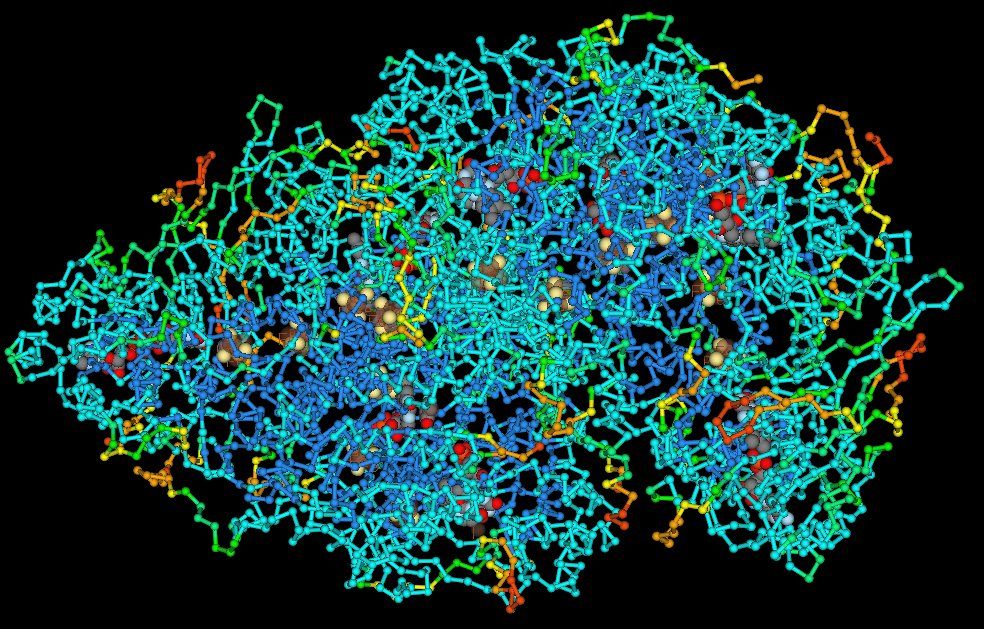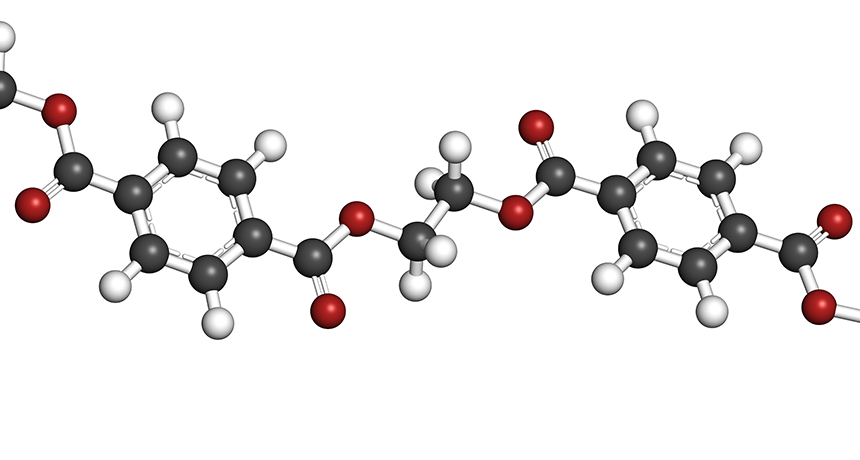Polymers in Construction: Stronger, Less heavy, and A Lot More Durable
Polymers in Construction: Stronger, Less heavy, and A Lot More Durable
Blog Article
Maximizing the Prospective of Polymers: Discover the Multifaceted Advantages and Practical Utilizes
The diverse benefits and practical uses of polymers proceed to progress, offering cutting-edge options to complex obstacles. By exploring just how polymers can boost product longevity, drive sustainability efforts, reinvent medical care remedies, and lead the means for future technological advancements, we can reveal a world of possibilities waiting to be taken advantage of.
Importance of Polymers in Modern Industries
Polymers play a crucial function in contemporary industries, offering as versatile materials that drive development and effectiveness across a wide variety of markets. These complex particles, composed of duplicated subunits, have actually transformed industries such as vehicle, aerospace, electronics, healthcare, and a lot more. In the automobile sector, polymers have allowed the growth of lightweight yet resilient parts, boosting fuel effectiveness and total performance. Aerospace sectors depend on polymers for their high strength-to-weight ratio, crucial for aircraft and spacecraft building and construction. The electronic devices sector gain from the protecting homes of polymers, vital for producing circuit card and digital gadgets (Polymers). Furthermore, polymers are extensively used in the healthcare sector for drug distribution systems, medical gadgets, and biocompatible products. Their versatility, sturdiness, and cost-effectiveness make polymers vital in modern-day manufacturing procedures, fostering innovations and driving development in different markets worldwide. Accepting the capacity of polymers is key to opening additional innovations and attending to the advancing requirements of today's commercial landscape.
Enhancing Product Resilience With Polymers
With an emphasis on long life and resilience, integrating innovative polymer modern technologies right into item style has become a foundation of enhancing sturdiness in modern manufacturing processes. Polymers supply a wide variety of residential or commercial properties that add to the overall toughness of items. One key benefit is their resistance to rust, chemicals, and weathering, making them excellent for usage in numerous markets where exposure to extreme conditions prevails.
Additionally, polymers can be tailored to meet details durability needs, enabling makers to personalize items according to their planned usage and expected lifespan. By incorporating polymers into product parts, manufacturers can improve stamina and influence resistance, decreasing the possibility of breakage or use over time.
In addition, polymers are light-weight yet durable, giving longevity without including unnecessary weight to items. This characteristic is particularly beneficial in markets such as aerospace and automotive, where light-weight products are necessary for boosting fuel performance and general performance.
Sustainability Improvements With Polymer Technology
In the realm of modern manufacturing and item design, the ingenious application of polymers is driving significant improvements in sustainability techniques. Polymer advancement plays an essential function in boosting sustainability by supplying options that minimize ecological effect across various sectors. One crucial facet where polymers succeed remains in making it possible for the advancement of light-weight yet durable products that contribute to fuel effectiveness in transport and decrease total energy usage. Additionally, the recyclability and biodegradability of particular polymers even more promote lasting methods by minimizing helpful site waste and contamination.
Additionally, improvements in polymer modern technology have led to the development of bio-based and renewable polymers, obtained from all-natural sources such as plants, that provide an even more lasting alternative to conventional petroleum-based plastics. These environmentally friendly polymers not just help in reducing reliance on nonrenewable fuel sources however additionally lower greenhouse gas discharges throughout production. By incorporating these innovative polymers into making procedures, companies can reduce their ecological impact and move towards more lasting methods, aligning with global efforts to fight environment adjustment and promote a round economic climate.
Polymers in Medical Care: Revolutionizing Medical Solutions

One of the essential areas where polymers are making substantial strides is in the growth of targeted medicine shipment systems. By enveloping drugs within polymeric nanoparticles or micelles, scientists can improve medication security, boost bioavailability, and make it possible for controlled release, bring about extra reliable treatment regimens with minimized negative effects.
In addition, polymers are critical in the field of regenerative medication, where they are utilized to develop scaffolds that resemble the extracellular matrix, giving assistance for cell development and tissue regeneration. This technology holds enormous promise for fixing harmed body organs, promoting wound healing, and advancing tailored medicine approaches.
Basically, the assimilation of polymers in medical care is driving technology, boosting treatment efficacy, and ultimately enhancing client end results in ways formerly thought unattainable.
Future Applications and Innovations in Polymer Modern Technology
Advancing at the leading edge of scientific exploration, polymer technology remains to lead the way for groundbreaking applications and developments forming diverse sectors. In the world of sustainable product packaging, biodegradable polymers are acquiring grip as eco-friendly choices to standard plastics. These polymers break down normally, reducing the ecological impact of single-use products. Moreover, in the field of electronics, conductive polymers are reinventing wearable innovation and versatile electronics. Their unique properties permit the development of stretchable circuits and sensing units, allowing new possibilities in medical care surveillance and wise clothes. In addition, polymer nanocomposites are enhancing the mechanical and thermal residential properties of materials, resulting in more powerful and lighter elements in aerospace article source and automobile sectors. Looking in advance, researchers are checking out the capacity of shape-memory polymers for applications in robotics and biomedical tools, where materials that can "keep in mind" and return to their initial forms offer exciting opportunities for development. As polymer innovation remains to advance, the future holds countless chances for groundbreaking innovations across numerous fields.
Final Thought

Report this page